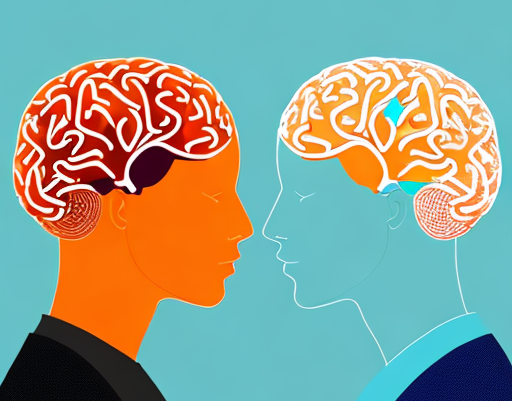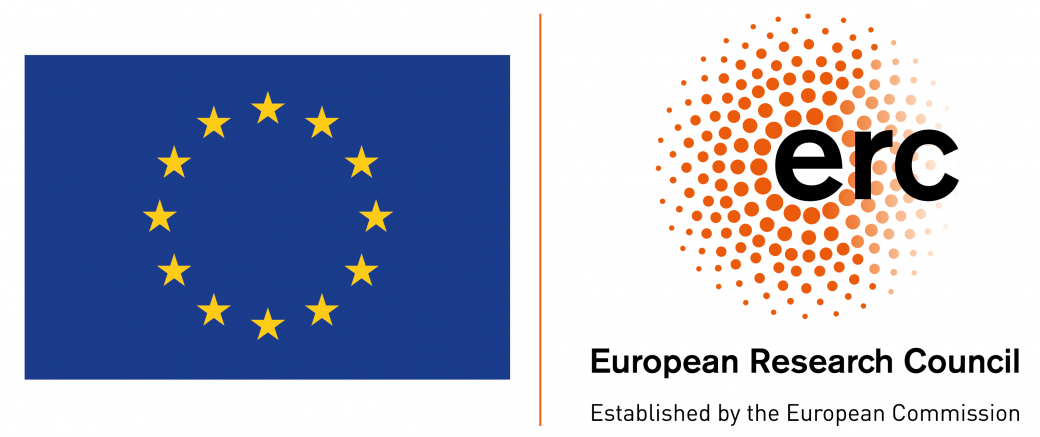The Role of Political Devotion in Sharing Partisan Misinformation and Resistance to Fact-checking.
In a set of studies across the U.S. and Spain, we found that far-right partisans were more likely to share misinformation relevant to conservative sacred values and were resistant to fact-checks and accuracy nudges. At a brain level, we observed a strong response in brain regions implicated in norm compliance and mentalizing to misinformation that included sacred values (vs. nonsacred values) among far-right partisans. This work provides new theoretical and practical insights into misinformation sharing and resistance to fact-checking among far-right partisans.
Read more










